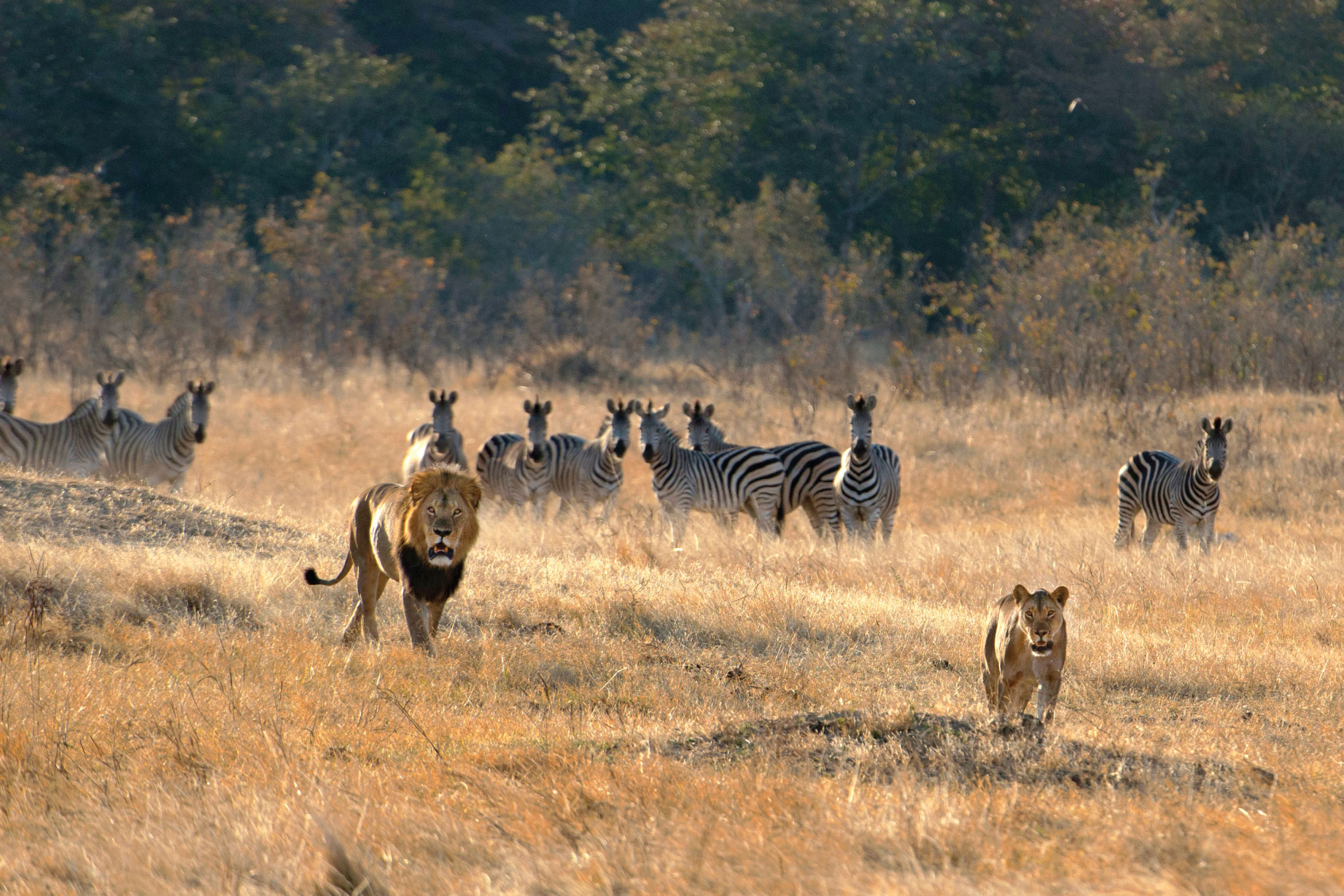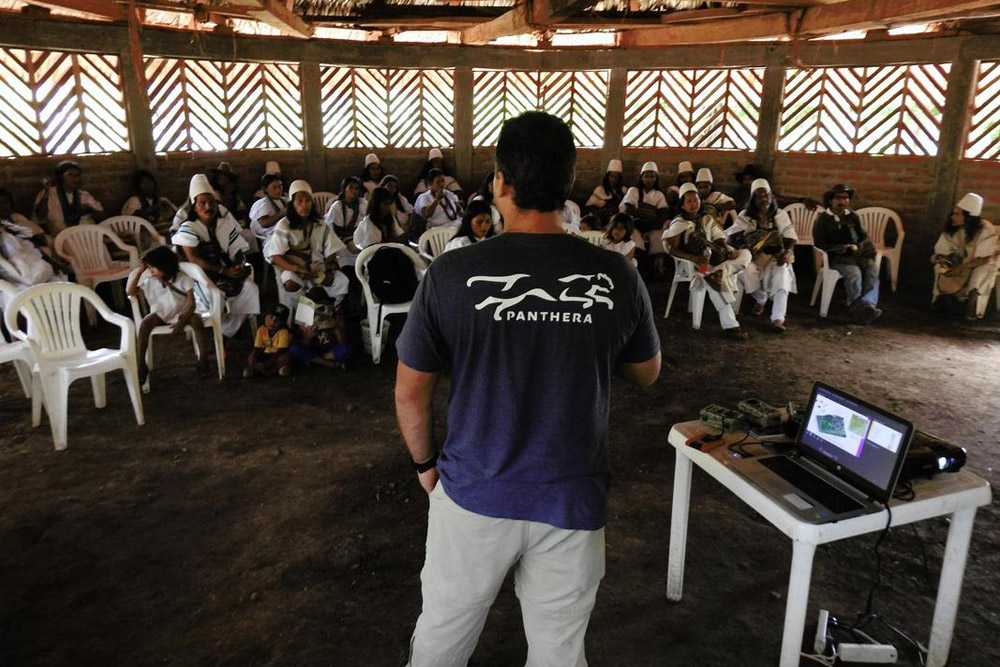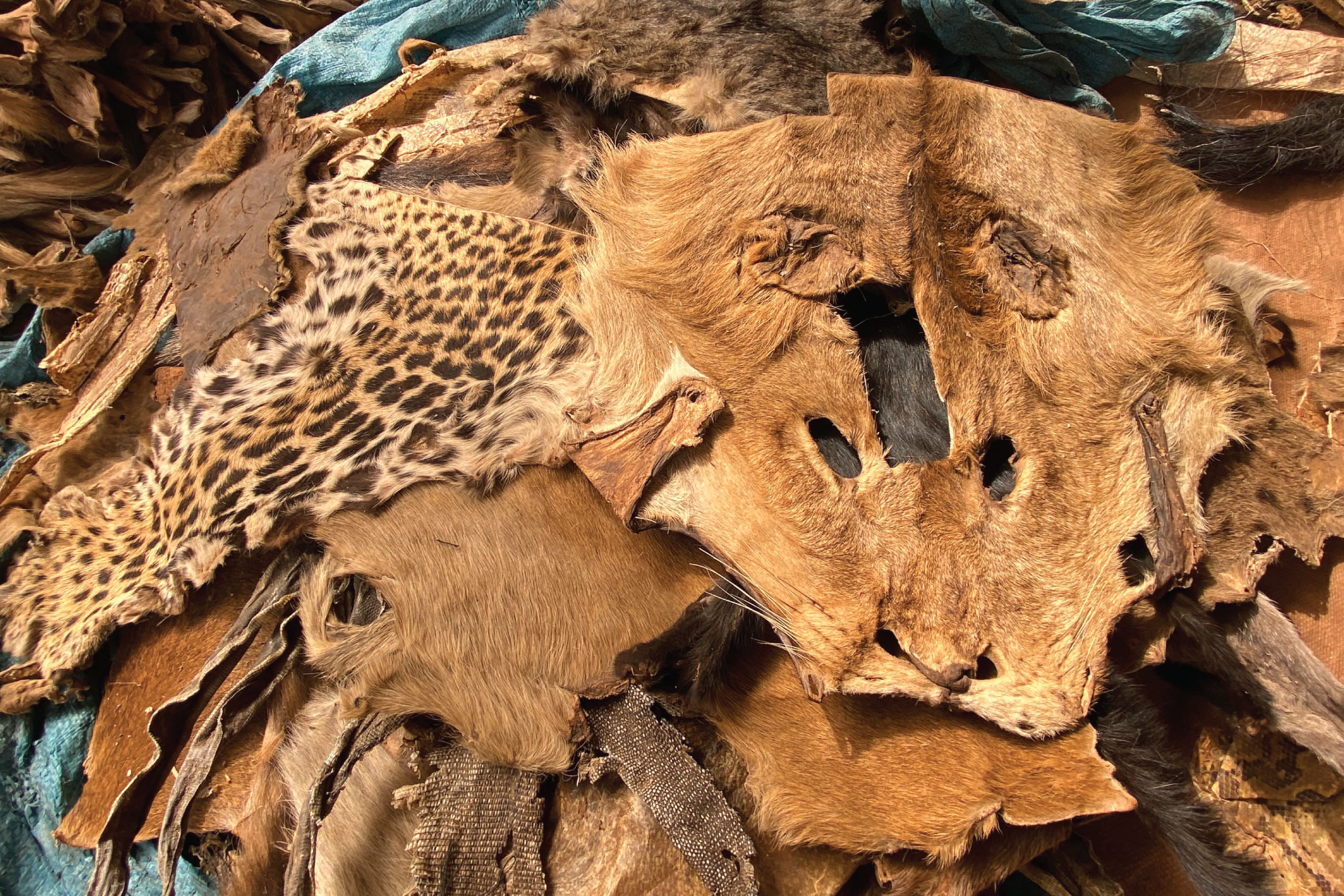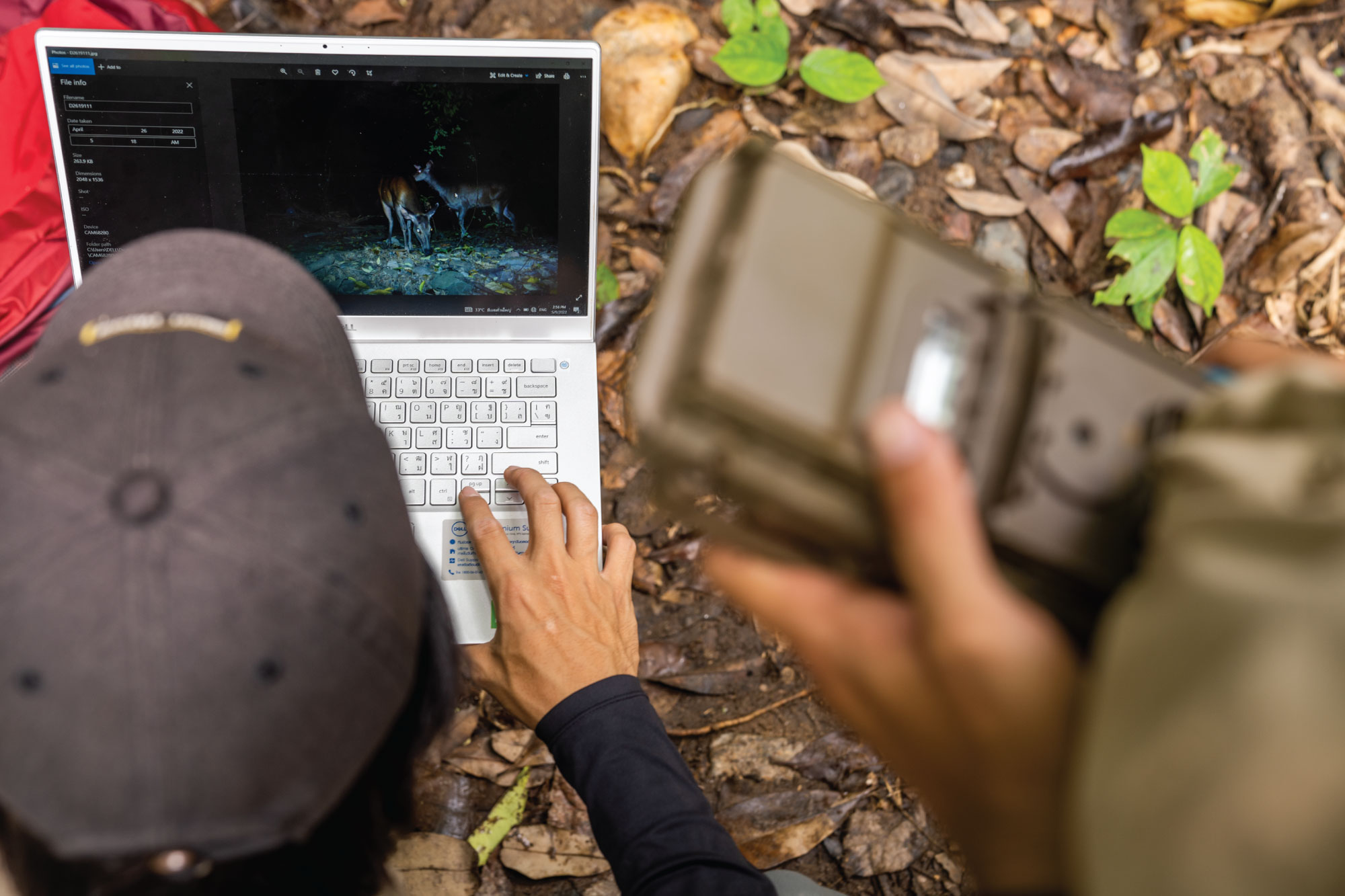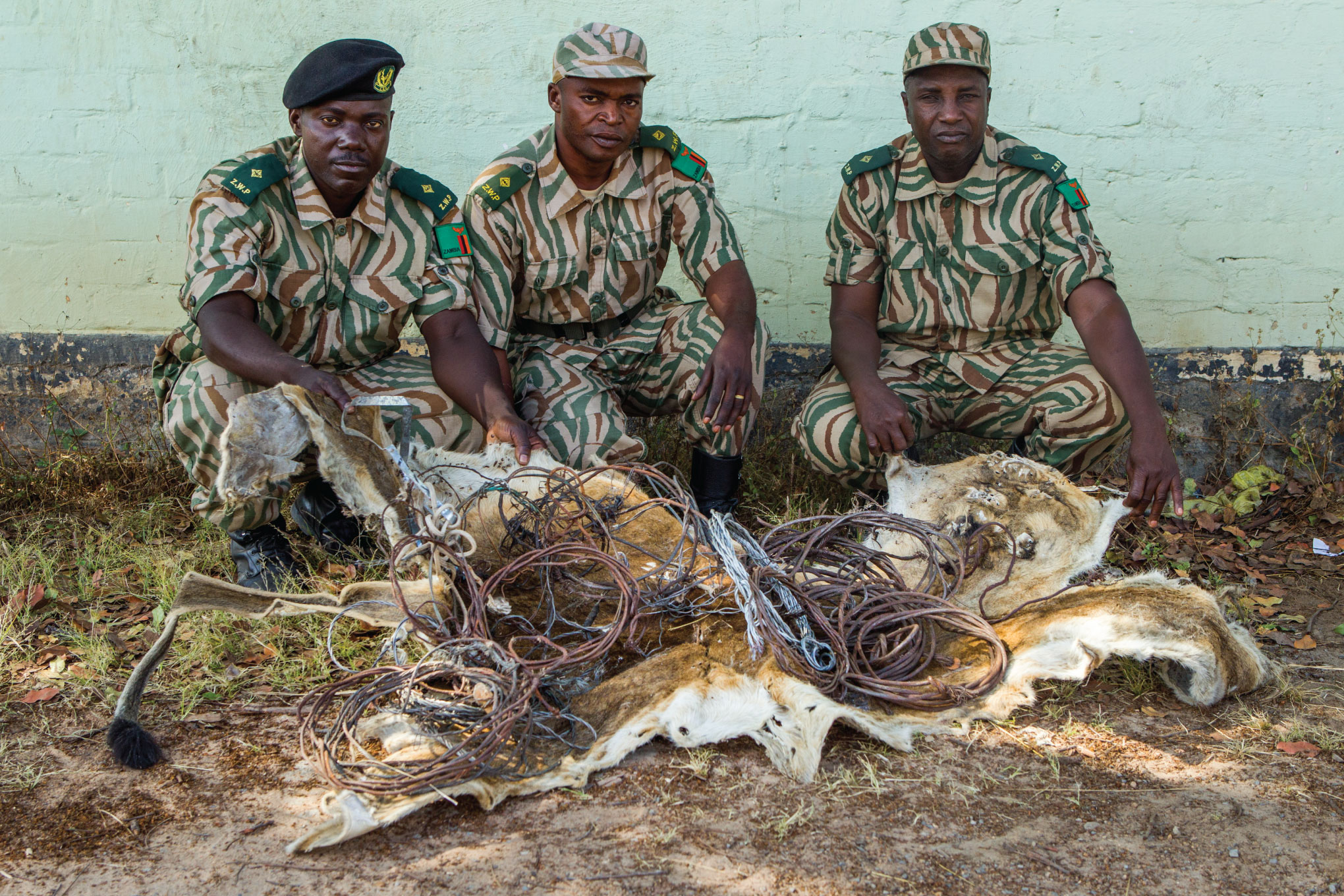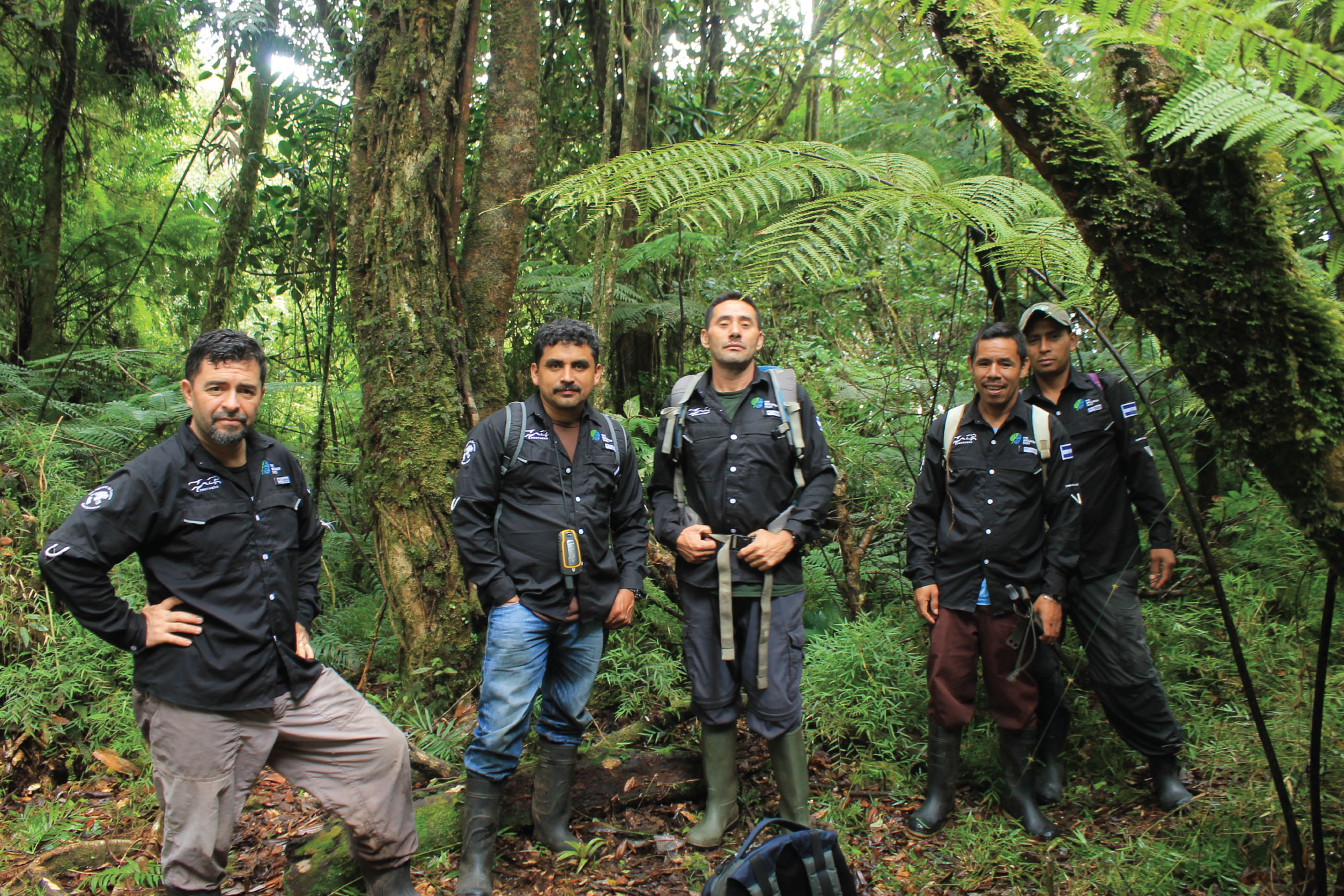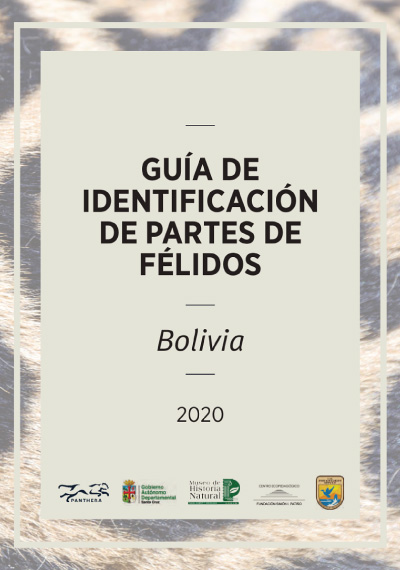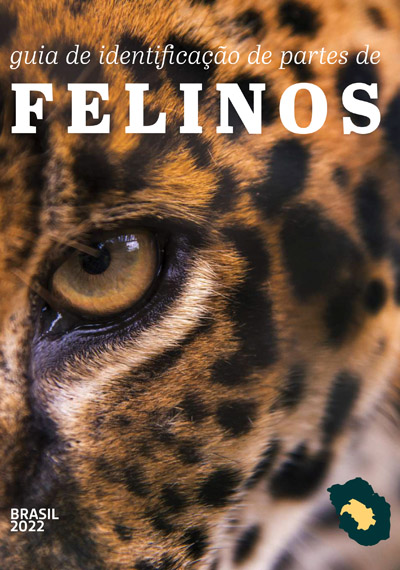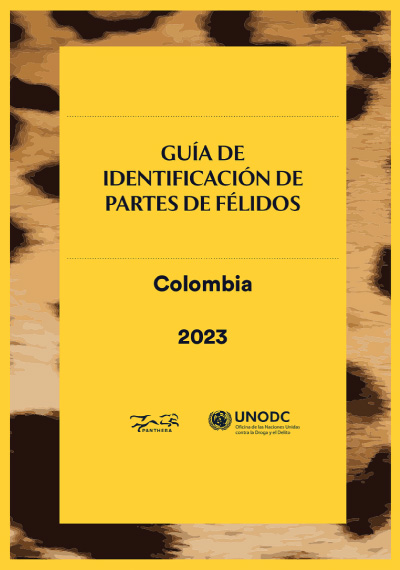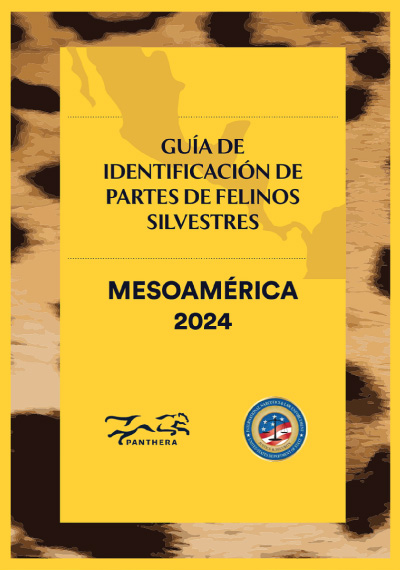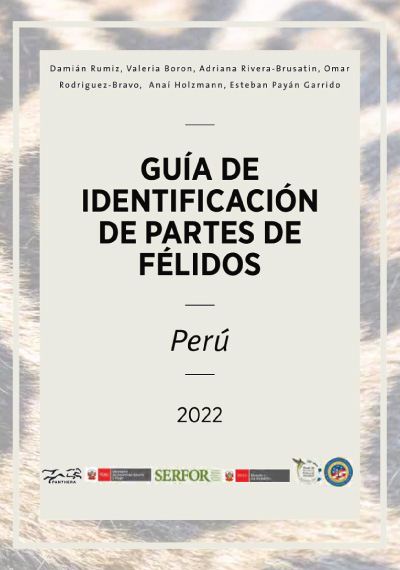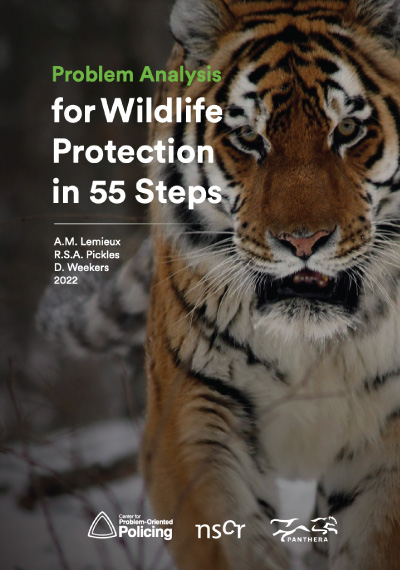What is Wildlife Crime?
The illegal wildlife trade is a multibillion-dollar black market — one of the largest criminal industries in the world. It operates across multiple continents, with significant trafficking routes between Africa, Asia, Europe, North America and Latin America.
Despite being protected by national laws and international accords, wild cats are prime targets for poachers, traffickers and criminal networks, driven by the demand for live animals or derivative products, including furs, teeth, claws and bones. Wild cats both big and small are sought after for use in traditional medicine and divination, ceremonial regalia, curios, status symbols, or to be sold as pets.




